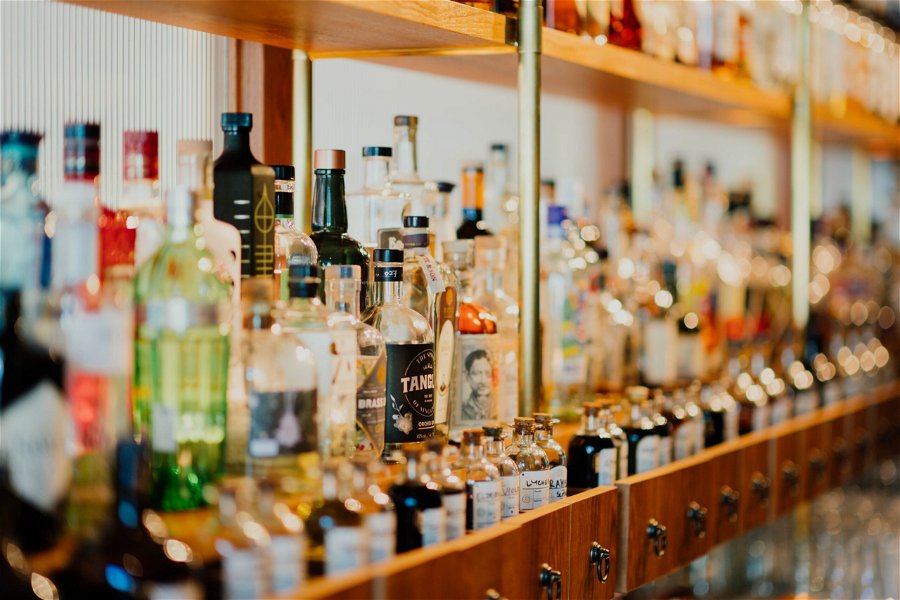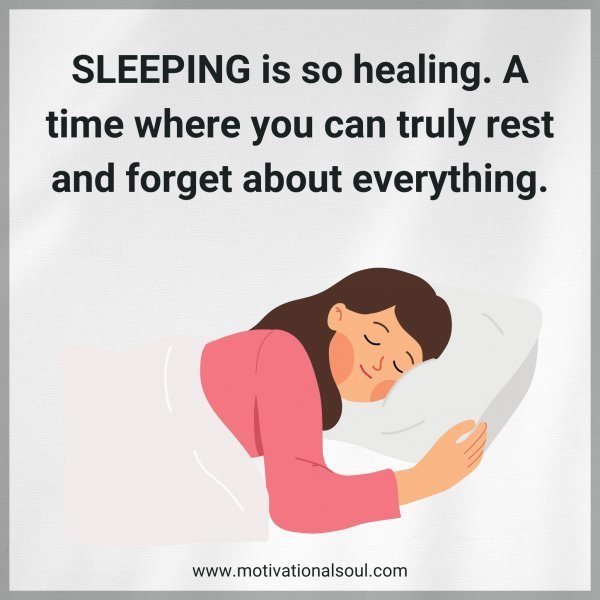
Alcohol can have different effects on people, depending on how much they drink. People who drink large amounts of alcohol may have trouble breathing, or they may pass out and need to be hospitalized. Alcohol can also affect your sleep. If you drink alcohol before going to bed, you may have trouble falling asleep, or you may sleep for only a short time before waking up again. You may also have nightmares or sleepwalk. Alcohol can make it difficult to get a good night’s sleep, which can lead to problems with your health, work, and relationships. If you’re having trouble sleeping, it’s important to talk to your doctor about whether drinking alcohol is contributing to your insomnia. There are many other potential causes of insomnia, and it’s important to get a proper diagnosis so that you can receive the most effective treatment. Alcohol is a widely consumed substance, and it’s important to be aware of its potential side effects on your sleep. If you’re concerned about your alcohol consumption or its effects on your sleep, talk to your doctor.
Here are the 4 side effects of alcohol on your sleep:
1. Alcohol is a stimulant.
Alcohol has long been touted as a way to help us fall asleep faster. And it’s true, alcohol can help us drift off to sleep more quickly. However, new research is showing that alcohol also disrupts important phases of sleep. In a meta-analysis of 20 separate research papers, researchers examined the influence of alcohol on 517 people in 38 different lab experiments. Participants consumed varying amounts of alcohol, from one to two drinks up to four or more beverages, over a few days. Some studies were conducted as a single night experiment while others required several days. Every instance showed the same outcome: those who drank alcohol fell asleep quicker and had a deeper sleep during the earlier part of the night. However, they were more likely to be awoken later on. This disrupts the natural sleep cycle and can lead to feeling groggy and tired the next day. So if you’re looking for a good night’s sleep, it’s best to avoid alcohol before bedtime.
2. Heartburn is one of the most common side effects.
Alcohol is a depressant, and one of the common side effects is heartburn. Heartburn sufferers will emphasize how terrible it is. It’s that burning discomfort combined with stomach tightness that is particularly distressing. Alcohol relaxes the sphincter muscle in the esophagus, blocking food from entering the stomach. This muscle is usually tight and prevents stomach acid from circulating into the esophagus. However, alcohol consumption may induce this barrier to relax, allowing stomach acid to flow naturally into the esophagus. Naturally, this causes stomach acid to enter the airway – giving you that painful burning sensation. To put it another way, alcohol creates an environment in your esophagus and throat that is conducive to heartburn. In addition, alcohol consumption can also lead to poorer sleep quality – exacerbating the problem. If you’re struggling with heartburn, it might be worth reducing your alcohol intake or avoiding it altogether. While it might not be easy, it could make a big difference to your quality of life.
3. It makes us have to go to the bathroom.
Alcohol is a diuretic, which means it causes the body to produce more urine. Alcohol also disrupts the body’s natural process of eliminating liquid from the bladder before bedtime. As a result, people who drink alcohol before going to bed may wake up during the night needing to use the bathroom. Alcohol consumption can also lead to other side effects such as insomnia, anxiety, and dehydration. While drinking alcohol in moderation may not cause major disruptions to sleep, it is important to be aware of the potential risks associated with alcohol consumption. If you are struggling to get a good night’s sleep, it may be best to avoid drinking alcohol in the evening.
Alcohol can also cause other side effects that may interfere with sleep. For example, alcohol can make people feel groggy and tired, and it can also cause headaches. In addition, alcohol can cause people to snore or have difficulty breathing, which can disturb sleep. Although some people find that drinking alcohol helps them fall asleep, it is usually not recommended as a way to improve sleep quality. Alcohol is more likely to disrupt sleep than to help improve it. If you are having trouble sleeping, talk to your doctor about other ways to improve your sleep quality.
4. It works in tandem with other sleep remedies.
For individuals with sleep difficulties (holding up a hand), we frequently turn to some sort of sleeping aid. If this is the case, drinking alcohol while taking an active sleep aid is not a good idea.
Alcohol and sleep have a complex relationship. Alcohol can initially act as a sedative, making it easier to fall asleep. However, alcohol also disrupts sleep patterns, leading to restless nights and poorer-quality sleep. In addition, alcohol consumption can worsen the side effects of some sleeping medications, including drowsiness, dizziness, and impaired coordination. This is because both Alcohol and most sleep medications increase the brain chemical GABA, which helps to relax nerve activity. GABA also reduces blood flow and heart rate. As a result of this, combining alcohol and sleeping medications that limit breathing is not only unpractical, it can be deadly. If you are struggling to sleep, it is best to avoid alcohol altogether. If you must drink, be sure to limit your intake and give yourself time to sober up before taking any medication. Alcohol may help you fall asleep, but it will not give you the restful night’s sleep your body needs.
Alcohol has long been used as a way to help people fall asleep. For some, a glass of wine or a beer before bed can be all it takes to drift off into a deep slumber. However, alcohol is a depressant, and while it may help you fall asleep, it will also cause you to sleep more fitfully and prevent you from reaching the deepest stages of sleep. In addition, alcohol consumption can lead to dehydration, which can further disturb your sleep.
While many of the newer sleep medications are less likely to cause dangerous interactions with alcohol, health experts continue to discourage the use of any type of sleep aid, whether prescribed or over-the-counter. The potential side effects of these medications far outweigh any benefits, and they can also be addictive. If you are struggling to get a good night’s sleep, there are plenty of non-medicinal options that you can try first, such as relaxation techniques or making changes to your sleep environment. only resort to medication as a last resort.
Seek help!
Alcohol is a central nervous system depressant, and it is well-known that drinking can lead to drowsiness. However, alcohol also has several other effects on sleep. It can disrupt the natural sleep cycle, cause insomnia, and increase the risk of sleep disorders such as sleep apnea. Alcohol also interferes with REM sleep, which is the most restful stage of sleep. As a result, people who drink heavily often wake up feeling tired and unrefreshed. Alcohol can also have lasting effects on sleep. Chronic alcohol use leads to increased tolerance, which means that heavy drinkers need to drink more and more alcohol to get the same sleepy effect. This can lead to a dangerous spiral of alcohol dependence and poor sleep quality. If you are struggling with alcohol and its impact on your sleep, please seek professional help. There are many resources available to you, and we urge you to reach out for support. To learn more about how to get a good night’s sleep, please read our other blog posts or contact us for assistance. Thank you for reading!




Recent Comments